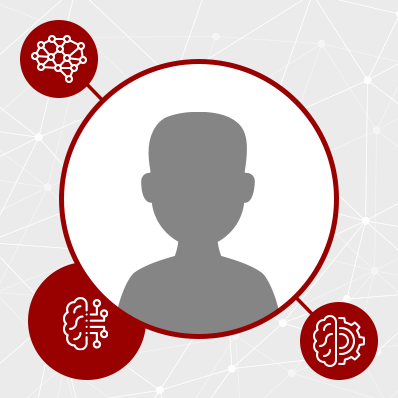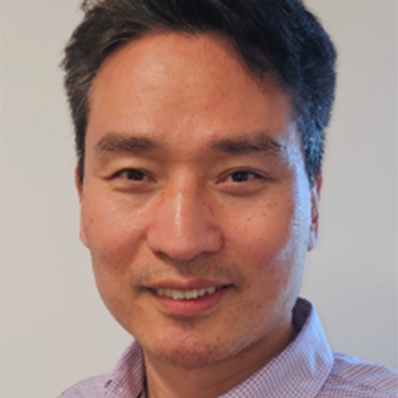Jakowec, Michael
Professor of Clinical Pharmacy (Teaching)
The primary focus of research in Dr. Jakowec’s laboratory is to better understand the underlying molecular mechanisms involved in neuroplasticity in the injured brain with the emphasis on the basal ganglia and prefrontal cortex, regions of the brain responsible for motor and cognitive behaviors.The overarching goal is to find improved therapeutic approaches for brain disorders especially Parkinson’s disease and drug addiction. For the past 20 years the laboratory has examined the effects of exercise on promoting neuroplasticity, particularly synaptogenesis in animal models of Parkinson’s disease. In addition to non-pharmacological approaches to promote brain repair, ongoing studies are using an experimental therapeutics approach to explore pharmacological interventions to determine if novel drugs can serve as a means to enhance brain repair, especially in the context of exercise. Recent studies have focused on the mechanisms by which astrocytes support neuronal function as well as mechanisms by which boosting mitochondrial integrity can promote improved functional connectivity and restoration of motor and cognitive behaviors.
Kim, Hosung
Associate Research Professor of Neurology
Currently, we are particularly focused on the morphometry of the perivascular space and non-invasive measurement of Glymphatic flow (a water flow system in the brain that helps clear waste products and toxins) using MRI and artificial intelligence. This research enhances our understanding of the underlying mechanisms involved in sleep disorders, accelerated brain aging due to poor sleep and impaired Glymphatic function, and neurodegenerative diseases such as Alzheimer's disease and other forms of dementia. Dr. Hosung Kim serves as the PI of NIDLL, and guides and coordinates the research efforts of the lab members. We welcome you to join the lab and participate in our valuable research.
Lawrence, Katherine
Assistant Professor Of Research Neurology
Our research is focused on improving understanding of the brain in neurodevelopmental conditions and in typical development. To this end, we analyze large-scale human neuroimaging data using advanced computational methods to study brain connectivity, brain function, and brain structure. The long-term goal of our research is to inform how we can best support the unique strengths and needs of every neurodivergent individual.
Lee, Darrin Jason
The focus of my laboratory is to explore the underlying mechanisms and potential of neuromodulation for cognitive dysfunction and psychiatric disorders, such as Alzheimer’s disease, Parkinson’s disease, epilepsy, depression, obsessive compulsive disorder and schizophrenia. Specifically, we utilize multiple depth electrode local field potential recordings and functional ultrasound imaging to evaluate simultaneous electrophysiology, cerebral blood flow and functional connectivity in these disorders. Using these tools, our goal is to better understand the underlying pathophysiology and optimize our neuromodulation strategies. Our aim is to translate our preclinical findings into clinically relevant neuromodulation treatments. My clinical research is focused on evaluating potential new indications and targets for neuromodulation, such as deep brain stimulation (DBS), spinal cord stimulation and focused ultrasound.
Liew, Sook-Lei
Associate Professor of Biokinesiology and Physical Therapy
The overall mission of the laboratory is to enhance neural plasticity in a wide population of individuals in order to improve their quality of life and engagement in meaningful activities. We particularly focus on individuals with stroke using big data neuroimaging approaches, along with noninvasive brain stimulation and brain computer interfaces.







